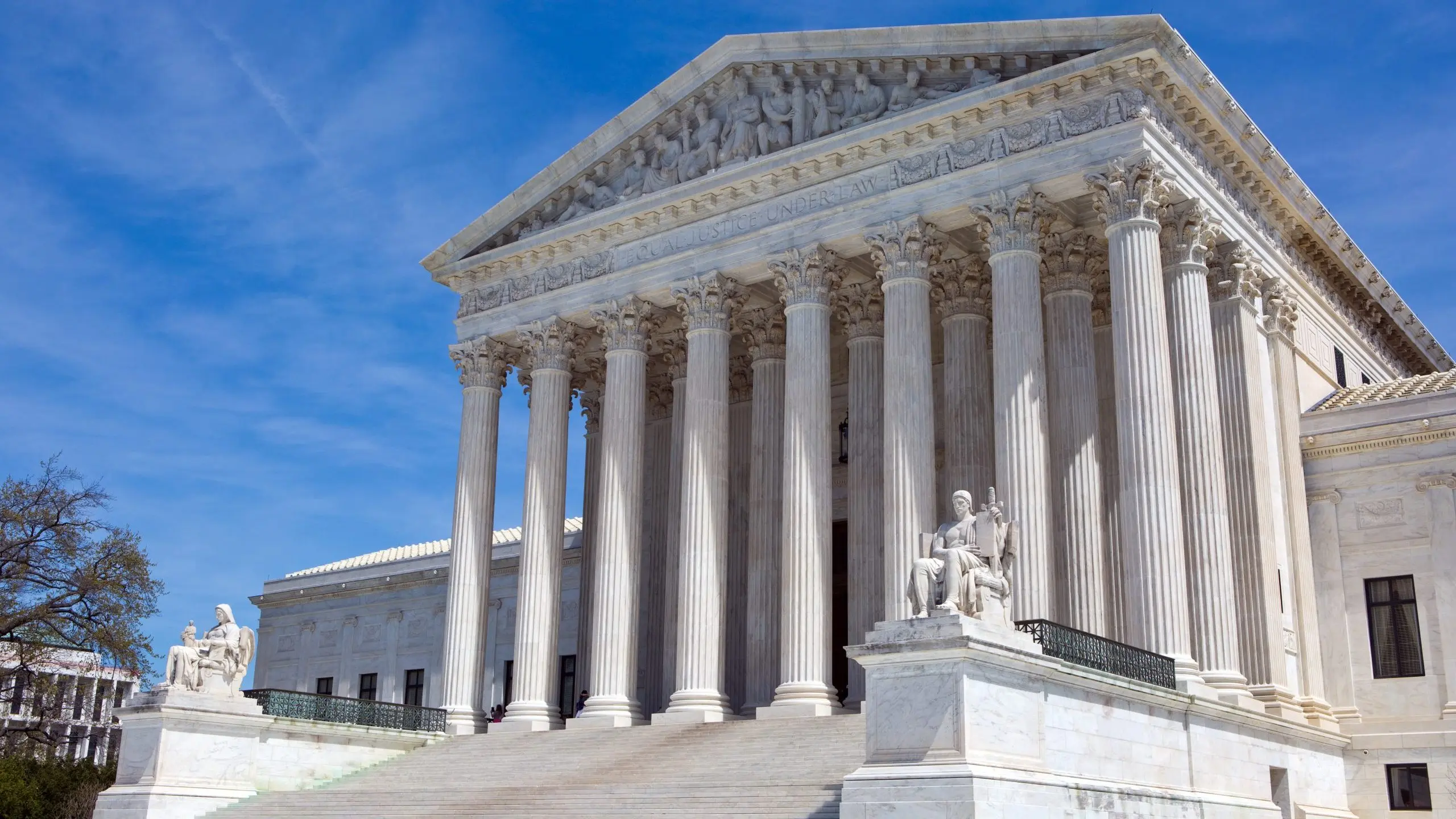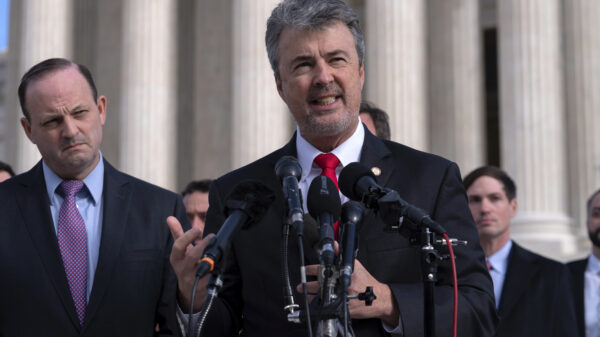On Thursday, the Supreme Court issued an opinion on Moyle v. United States, a lawsuit brought by the state of Idaho over an interpretation of federal law that limited its ability to ban abortions. The opinion had been accidentally posted to the Supreme Court’s website on Wednesday.
The per curiam decision found that the court’s decision to consider the case had been “improvidently granted” and it vacated the stays the Supreme Court had mandated.
In July 2022, the Centers for Medicare & Medicaid Services issued a memo saying the Emergency Medical Treatment and Active Labor Act preempts state abortion bans with either no exception for pregnant people’s lives or exceptions narrower than what EMTALA allows.
Under this interpretation of EMTALA, doctors in every state will be required to provide abortions on patients when they are the necessary treatment for an “emergency medical condition,” as defined in EMTALA.
According to Alabama law, abortions are legal when “necessary in order to prevent a serious health risk to the unborn child’s mother.” Because this exception already exists in Alabama, it’s unclear how this interpretation of EMTALA may affect healthcare in the state.
Idaho, which also had an abortion ban take effect after Dobbs v. Women’s Health Clinic was decided, sued the federal government arguing that the CMS’ interpretation was incorrect and EMTALA should not preempt their state ban. At the time of filing, Idaho only had exceptions to its abortion ban in the cases of rape or incest or when necessary to save the life of the mother.
In February, Alabama Attorney General Steve Marshall signed onto an amicus curiae brief which characterized the CMS’ interpretation of EMTALA as “an end run around this Court’s decision in Dobbs.”
The twenty two state attorneys general who signed onto the brief argued that “through a novel construction of EMTALA—a law on the books for nearly four decades—the United States seeks to invert traditional state and federal roles for vast numbers of hospitals.”
However, a U.S. district court found in favor of CMS’ interpretation, with the Supreme Court agreeing to hear the case before a federal appeals court did. Following Thursday’s decision, Idaho will need to appeal the district court’s decision before it can make it to the Supreme Court again.
In a statement, President Biden said the ruling “ensures that women in Idaho can access the emergency medical care they need while this case returns to the lower courts.”
But while the court did not rule on the merits of the case, the justices’ dissents and concurrences suggest the probable outcomes if Moyle v. United States makes it on the Supreme Court’s docket again.
Justice Elena Kagan, joined by Justices Sonia Sotomayor and Kentanji Brown Jackson, wrote that “EMTALA requires a Medicare-funded hospital to offer an abortion when needed to stabilize a medical condition that seriously threatens a pregnant woman’s life or health.”
While Justice Amy Coney Barrett, joined by Justices John Roberts and Brett Kavanaugh, wrote that it would be “imprudent” to decide whether EMTALA preempted state law yet, the remaining three justices disagreed.
Justice Samuel Alito, joined by Justices Clarence Thomas and Neil Gorsuch (in part), called the preemption theory “plainly unsound.”
While Barrett and the justices that joined her on her concurrence did not say the federal government’s interpretation is incorrect, it seems unlikely that the Supreme Court would rule otherwise: Barrett, Roberts, and Kavanaugh all sided with the majority opinion in Dobbs.


















































